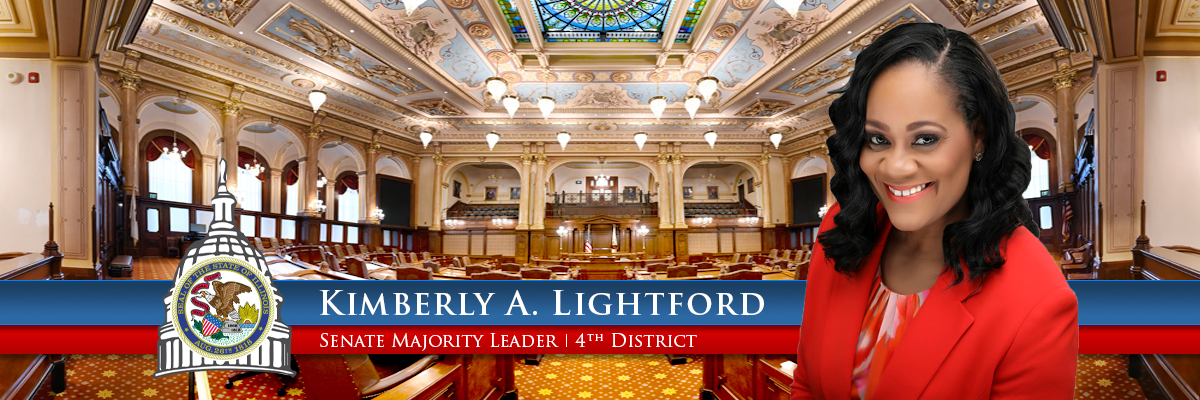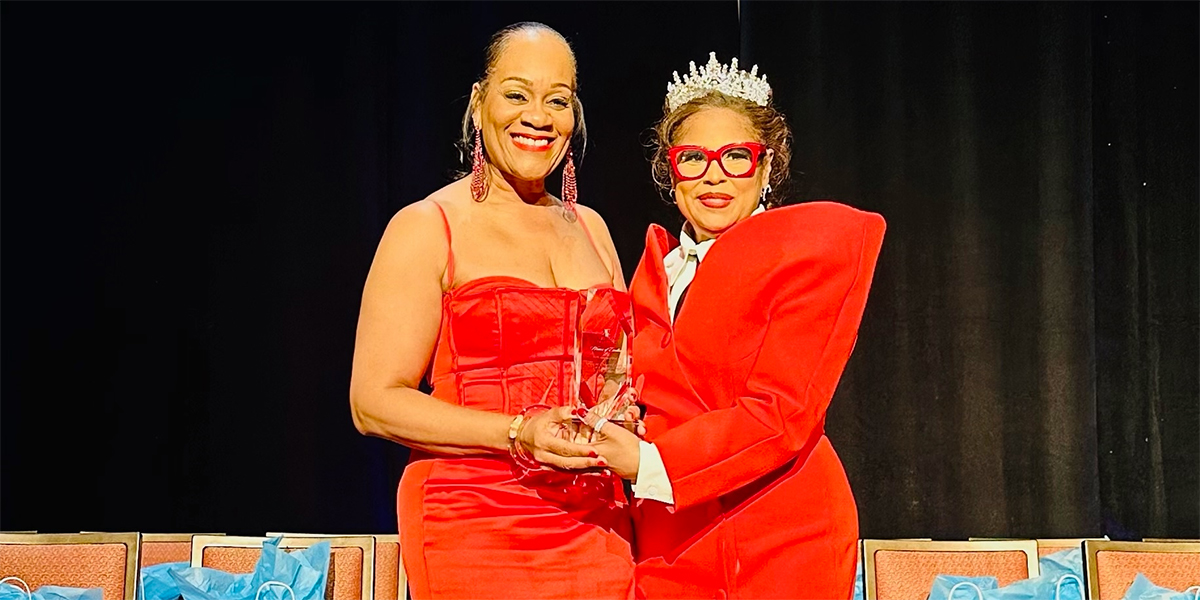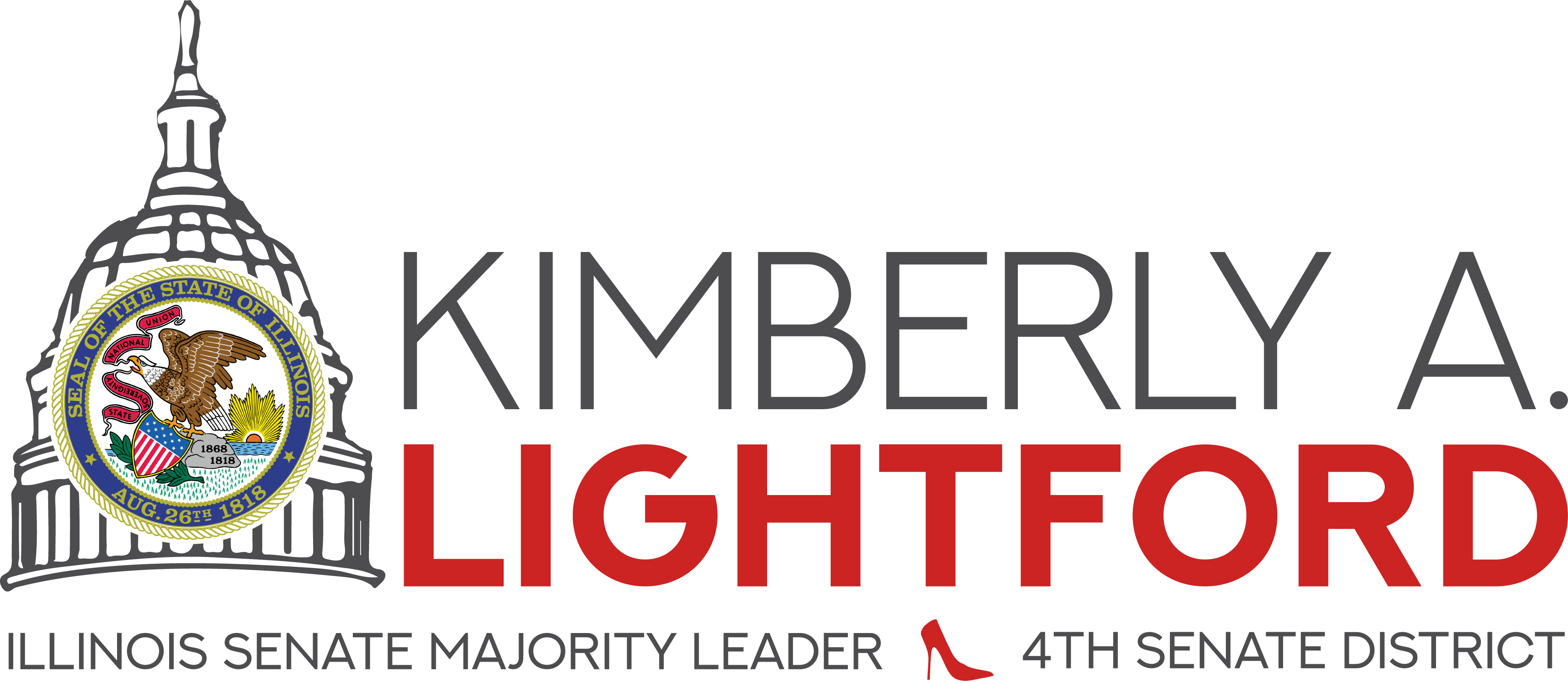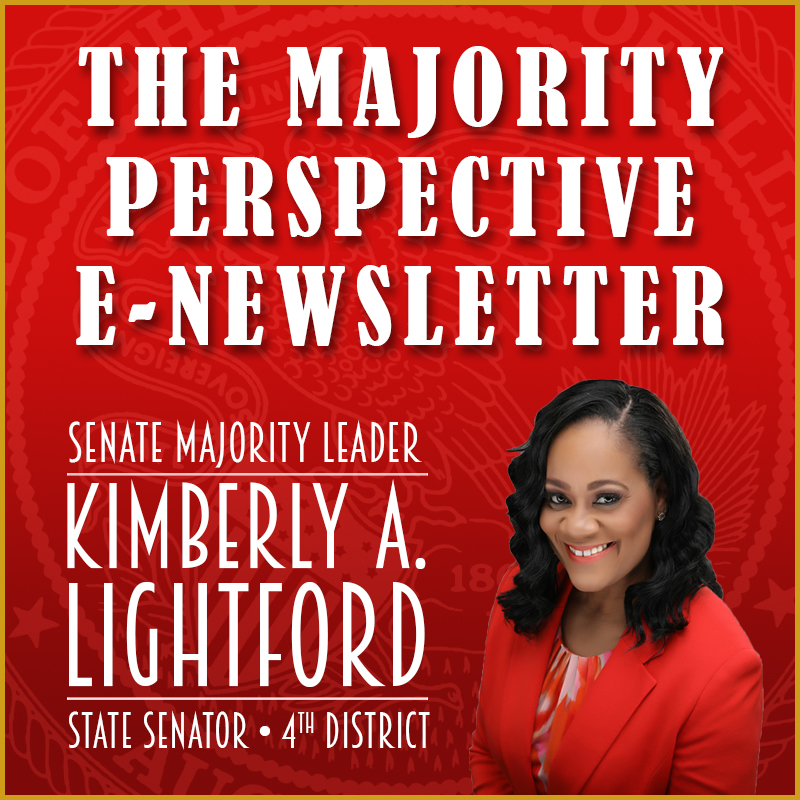Contractor Outreach: Growing Diversity in Illinois Solar Projects
- Details
- Category: Events
 Elevate Energy is hosting events to provide contractors information on how to participate in new Illinois solar programs on APril 30 and May 9.
Elevate Energy is hosting events to provide contractors information on how to participate in new Illinois solar programs on APril 30 and May 9.
Doing More Than Meaning Well Event
- Details
- Category: Events
 The Illinois Judicial Council and The University of Chicago Law School are hosting an event on adolescent brain development, trauma and juvenile justice on May 11 at The University of Chicago Law School.
The Illinois Judicial Council and The University of Chicago Law School are hosting an event on adolescent brain development, trauma and juvenile justice on May 11 at The University of Chicago Law School.
Register for the event by May 4th here: http://bit.ly/2vvP4jU
Connstruction Training & Career Expo
- Details
- Category: News
 There will be a Training & Career Expo on Wednesday, April 24 at the IBEW Local 134 Union Hall located at 2722 S.King Drive, Chicago 60616.
There will be a Training & Career Expo on Wednesday, April 24 at the IBEW Local 134 Union Hall located at 2722 S.King Drive, Chicago 60616.
More Articles …
Page 82 of 162











